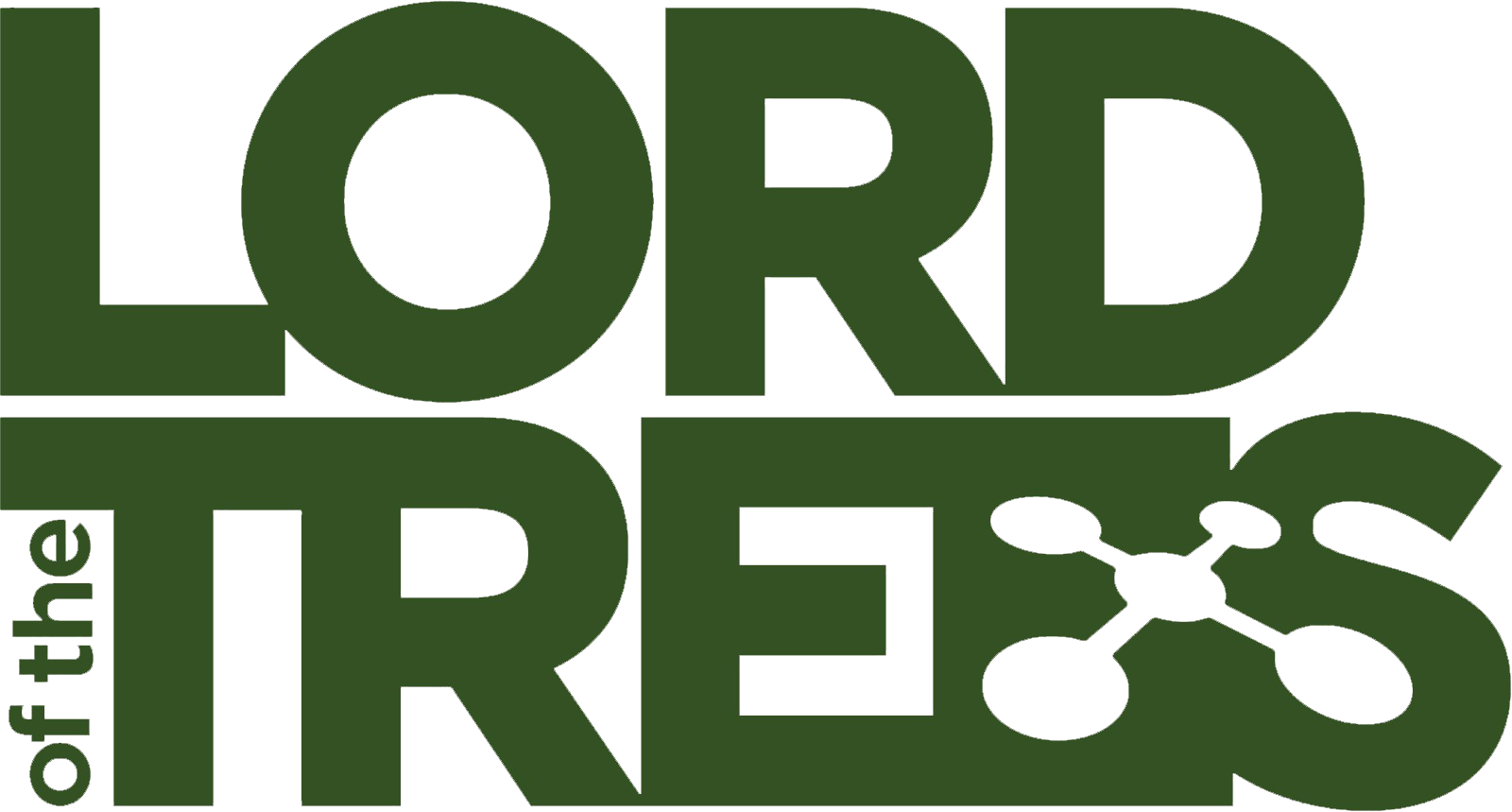

Lord of the Trees

New South Wales, Australia
May 2024
Plant propagation
Manufacturing
Australia,
Indonesia,
Philippines,
United States,
Vanuatu
Lord of the Trees (LOTT) is a pioneering drone technology company on a mission to combat deforestation and climate change. Founded in 2018 by a team of passionate environmentalists and innovative engineers, LOTT has developed cutting-edge drone seeding solutions to restore ecosystems at scale. Our automated drones can plant up to 400,000 tree seed pods daily, enabling efficient and cost-effective reforestation in even the most remote and hard-to-reach areas. By partnering with businesses, NGOs, and governments worldwide, we have successfully regenerated forests in over 20 countries, creating thriving habitats for biodiversity and powerful carbon sinks. LOTT's data-driven approach, powered by AI-enabled mapping and monitoring, ensures the highest survival rates and sustainable growth. As a certified B Corporation, we are committed to the highest standards of social and environmental performance, transparency, and accountability. Join us in our fight against climate change, one tree at a time.
Overall B Impact Score
Governance 17.6
Governance evaluates a company's overall mission, engagement around its social/environmental impact, ethics, and transparency. This section also evaluates the ability of a company to protect their mission and formally consider stakeholders in decision making through their corporate structure (e.g. benefit corporation) or corporate governing documents.
What is this? A company with an Impact Business Model is intentionally designed to create a specific positive outcome for one of its stakeholders - such as workers, community, environment, or customers.
Workers 23.6
Workers evaluates a company’s contributions to its employees’ financial security, health & safety, wellness, career development, and engagement & satisfaction. In addition, this section recognizes business models designed to benefit workers, such as companies that are at least 40% owned by non-executive employees and those that have workforce development programs to support individuals with barriers to employment.
Community 17.9
Community evaluates a company’s engagement with and impact on the communities in which it operates, hires from, and sources from. Topics include diversity, equity & inclusion, economic impact, civic engagement, charitable giving, and supply chain management. In addition, this section recognizes business models that are designed to address specific community-oriented problems, such as poverty alleviation through fair trade sourcing or distribution via microenterprises, producer cooperative models, locally focused economic development, and formal charitable giving commitments.
Environment 33.4
Environment evaluates a company’s overall environmental management practices as well as its impact on the air, climate, water, land, and biodiversity. This includes the direct impact of a company’s operations and, when applicable its supply chain and distribution channels. This section also recognizes companies with environmentally innovative production processes and those that sell products or services that have a positive environmental impact. Some examples might include products and services that create renewable energy, reduce consumption or waste, conserve land or wildlife, provide less toxic alternatives to the market, or educate people about environmental problems.
What is this? A company with an Impact Business Model is intentionally designed to create a specific positive outcome for one of its stakeholders - such as workers, community, environment, or customers.
Customers 1.6
Customers evaluates a company’s stewardship of its customers through the quality of its products and services, ethical marketing, data privacy and security, and feedback channels. In addition, this section recognizes products or services that are designed to address a particular social problem for or through its customers, such as health or educational products, arts & media products, serving underserved customers/clients, and services that improve the social impact of other businesses or organizations.